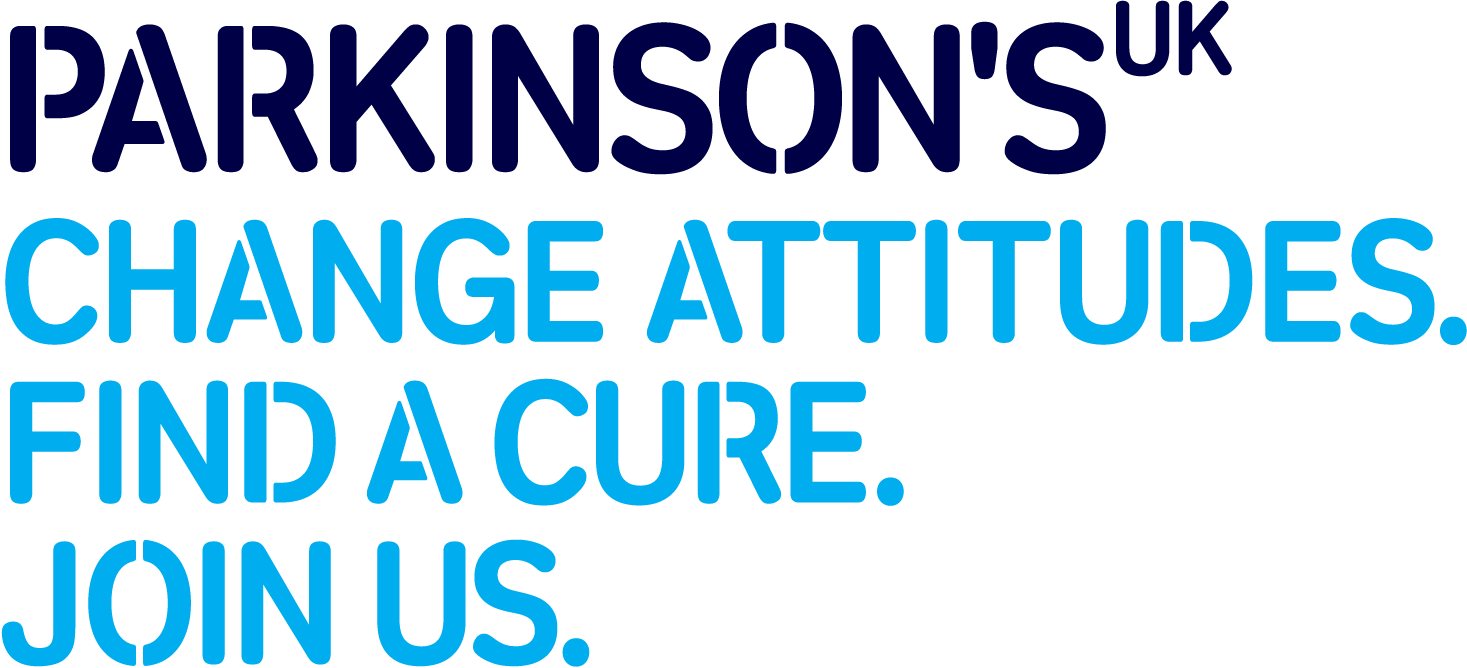A meeting has been called and the heads of each department dutifully sit around the big meeting table. Among those attending are infrastructure (including emotion, intelligence and movement), finance (fuel and energy consumption), advertising (talking and his rival stammering) and motivation (happiness and depression are both there). A new person strides into the room after the others arrive and takes a seat at the table. Everybody looks at the newcomer, “whose he?” they whisper…
The chairman calls the meeting to order and bluntly asks,
“Who is in control?”
“This has become an all too important question to the running of this company. It has recently come to my attention that this company is rife with conflict and tension. I realised this following the latest appointment to the board, due to internal promotion; let me introduce our newest member, Parkinson’s disease. Parkinson’s is cut from the same cloth as stammering and depression, who have dominated the day-to-day running and philosophy of our company. I can anticipate further power struggles...”
The chairman pauses, takes a sip of water and then continues, “I now realise that a lot of you around this table feel a lack of control, a disempowerment and disengagement. You sense three individuals, stammering, depression and now Parkinson’s have collectively taken control and you have been marginalised. You think this means that the company doesn’t have a voice or a place in the world or is judged badly or can’t be itself. But this is not the case! When the company was formed everyone around this table was thrown together and told to collectively forge a life; in this endeavour no one department is more important than another. Certain members of the company have dominated because our perception has been seduced and made docile. We have failed to see how hollow and unpersuasive they can become. We have the chance to live alongside and with each member of this board and still keep this company moving forward. Knowing that we are free to change our perception is crucial…”
dr jonny
http://dialoguewithdisability.blogspot.co.uk
Endeavour to employ a certain Duodopa in your organization, much more cooperation
and orderly behavior will result.
Fedex
and orderly behavior will result.
Fedex

Good to have you back Fedex! I'm glad your new employee is working well!
dr jonny
dr jonny
